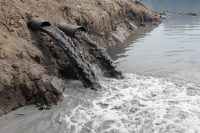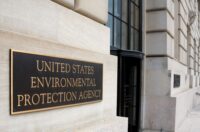Wastewater Standards Revisions for Oil and Gas Extraction and Coal Power Plants
On March 12, 2025, the EPA made two announcements: Background The Clean Water Act (CWA) requires the EPA to revise industry-wide wastewater treatment limits, called effluent limitations guidelines (ELGs), to keep pace with innovations in pollution control technology. “[ELGs] are national industry-specific wastewater regulations based on the performance of demonstrated wastewater treatment technologies (often called […]









